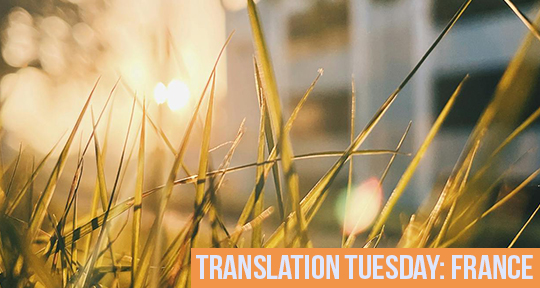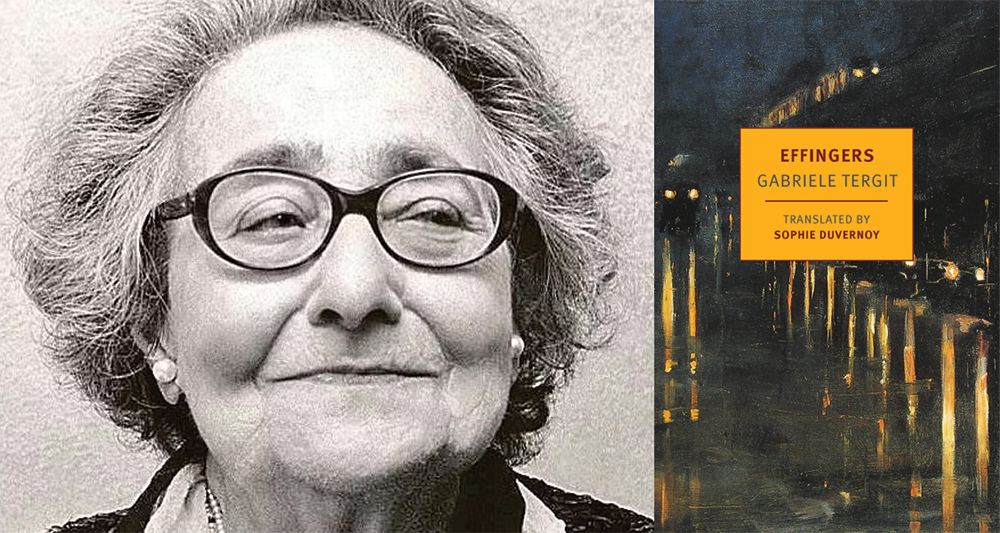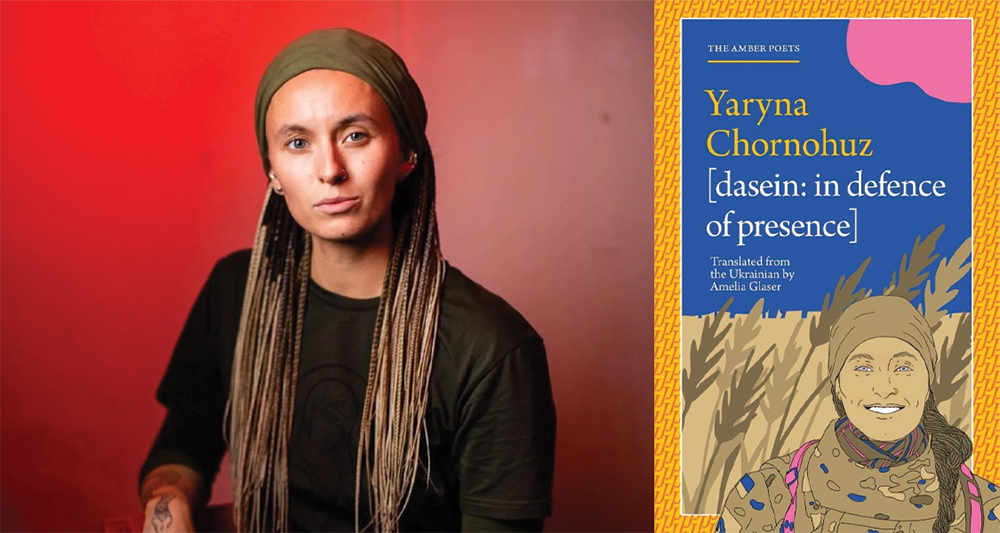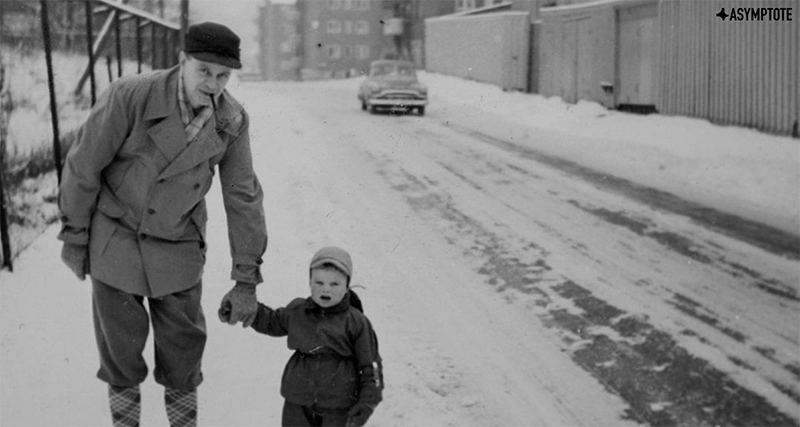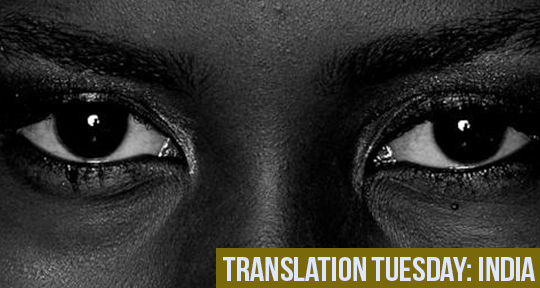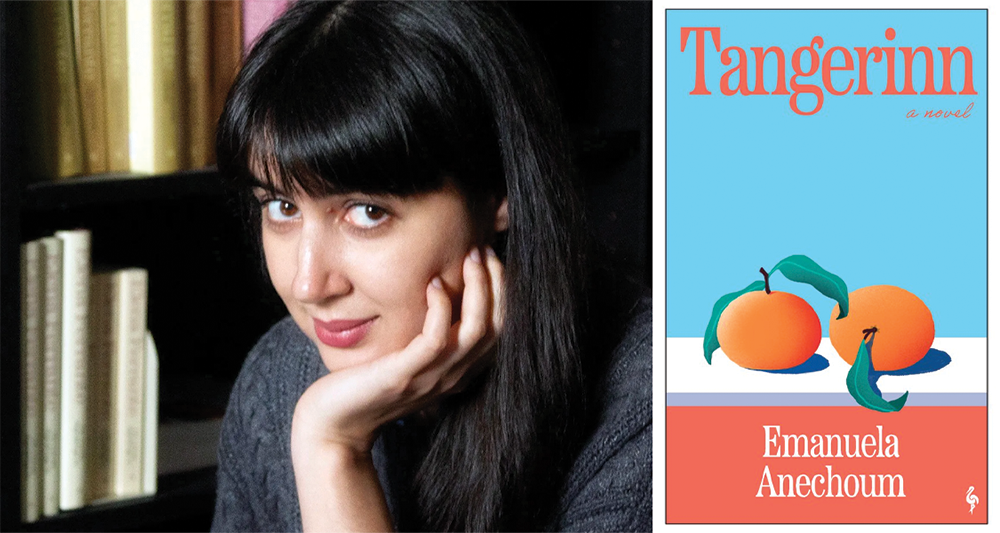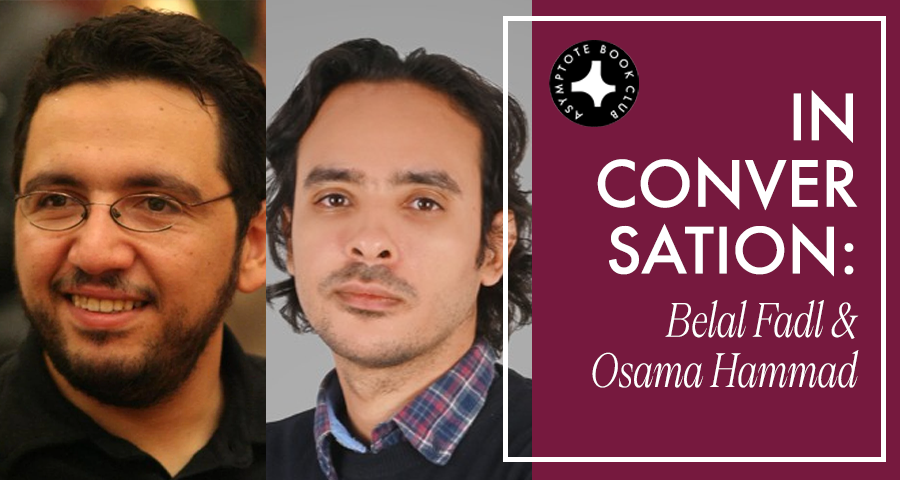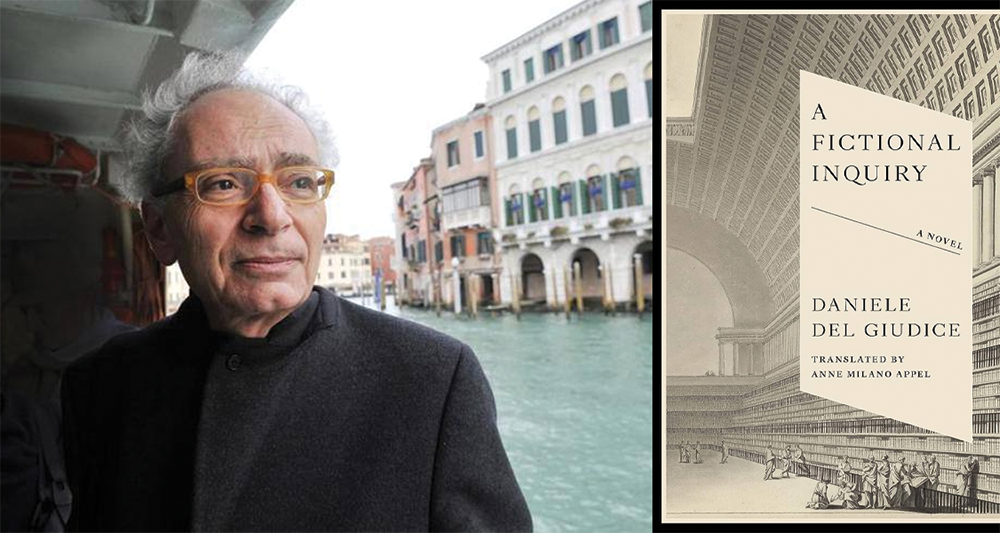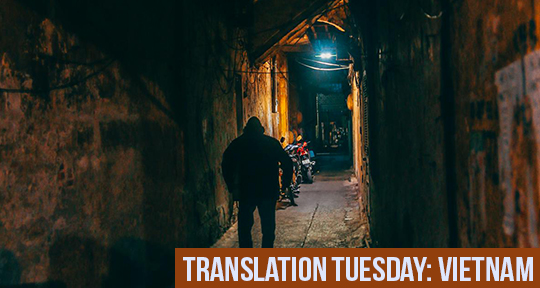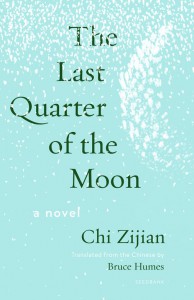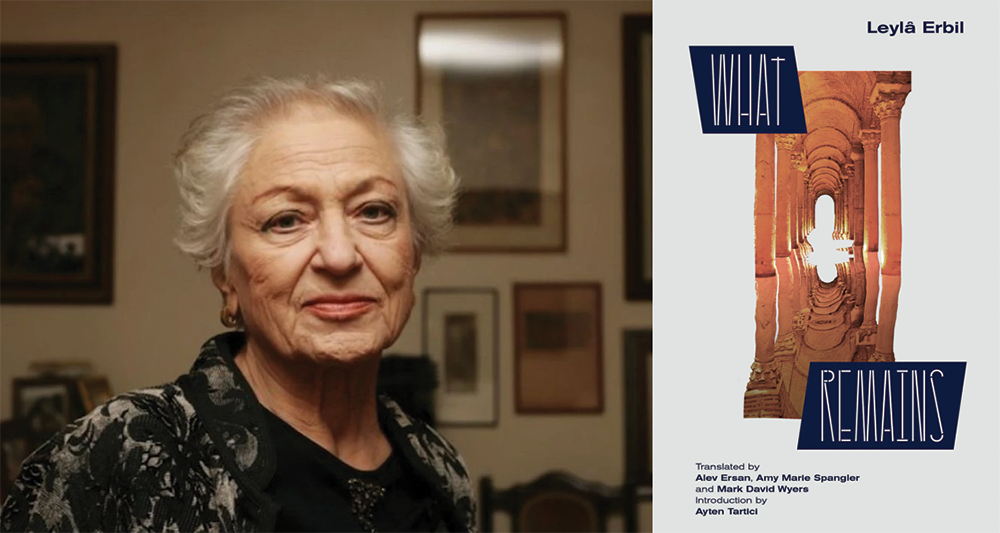For this Translation Tuesday, we’re bringing you an essay by French writer Alba E. Nivas, translated by Annuska Angulo Rivero. Beginning with a simple daily greeting, Nivas ponders what it means to be anchored to the world; she plunges into a meditation on the invisible rhythms of care, labor, and waste that sustain a city and a society. She deftly travels between personal and planetary scales, tracing connections from a Parisian courtyard to colonial legacies, domestic chores to Hindu cosmology. What forms the core of human consciousness, and what can we gain by giving up the idea of “humanity” entirely—instead, embracing an awareness of the myriad lifeforms that surround us and constitute our earth? It is an attempt to uncover, out of contemporary life, glimpses of a profound, interconnected vitality.
“Bonjour,” she greets me every morning. Sometimes we cross paths in the entry hall of my building, other times on the corner where I lock my bike near the subway entrance. At that hour, Paris streets are just beginning to fill with people on their way to work, parents holding their children’s hands, heading to school. Gradually, the pale morning light thickens with purposeful human motion. Eyes still heavy with sleep, most people avoid looking at each other, as if trying to hold on a little longer to the warmth of oblivion before surrendering to the strange rituals of routine. This woman, though, always smiles at me with a clean, direct gaze, as if we knew each other, even when she’s chatting away on her phone in what might be Urdu or Punjabi, probably with someone in a very different time zone. Every time, she seems more awake than I am. Somehow, the kindness of her greeting snaps me back to planet Earth. My day starts.
Even though municipal policies have drastically reduced traffic in the city center, at this hour delivery vans crowd the streets, supplying shops, hotels and restaurants. Reluctantly, drivers of buses and cars suppress their impatience as the vans load and unload, blocking their way. We cyclists, driven by haste, dart around them, sometimes swerving onto sidewalks to a chorus of verbal abuse from pedestrians. There is tension in the air. We all feel like cogs in this hungry, about-to-wake-up machine, propelled by a relentless rhythm and wrenched from our quiet, domestic time and space. Our tiny, electrified Parisian lairs will sit empty for a few hours. Hundreds of thousands of men and women head out in pursuit of a paycheck, leaving disarray behind to rule their homes.

